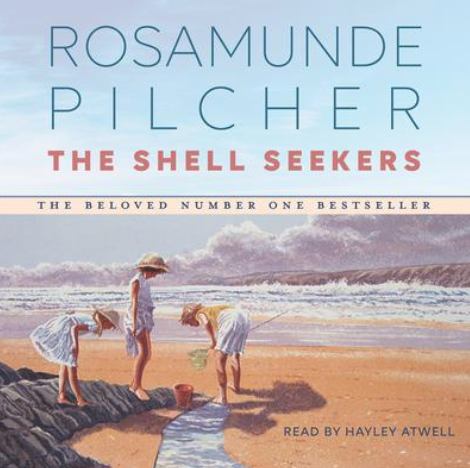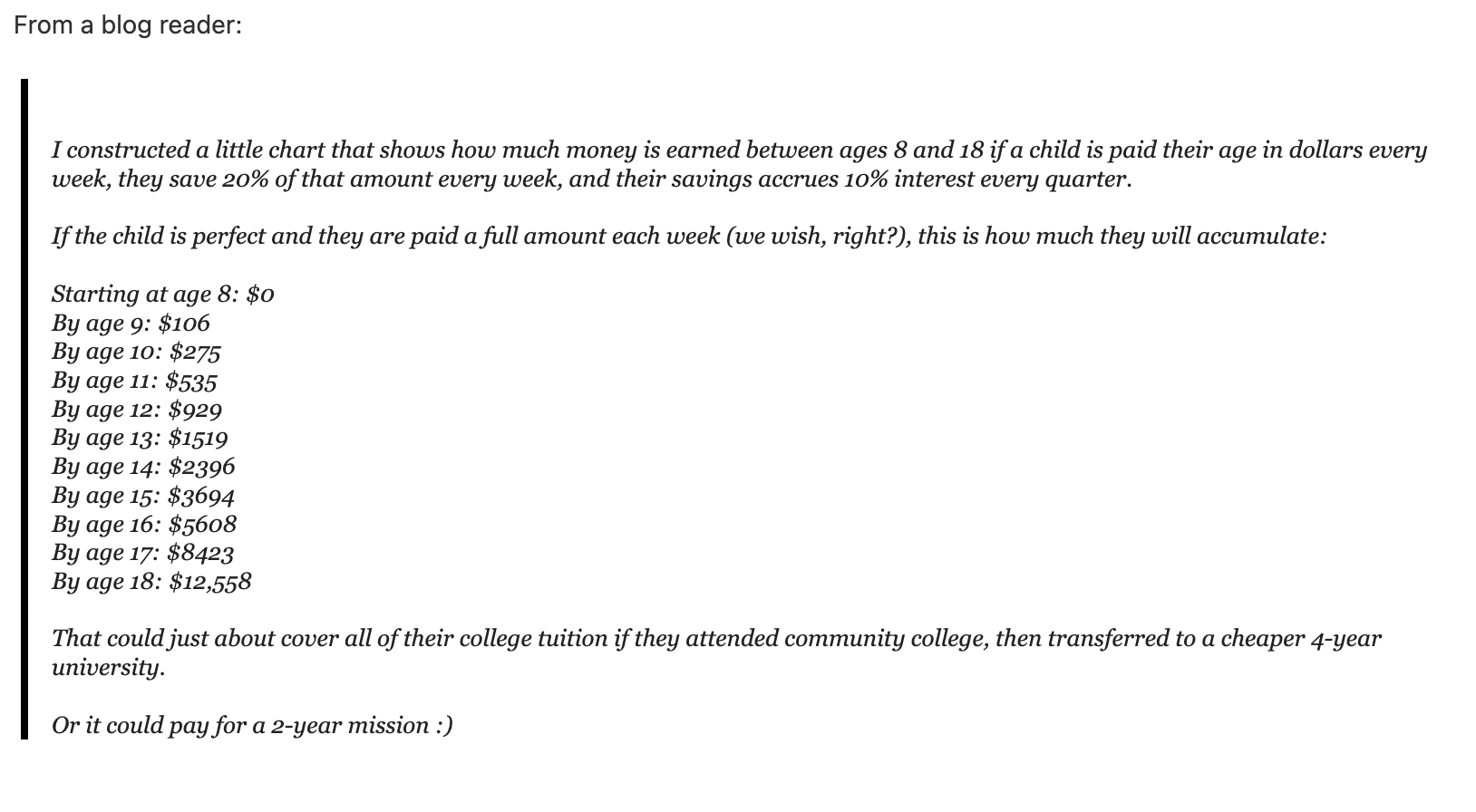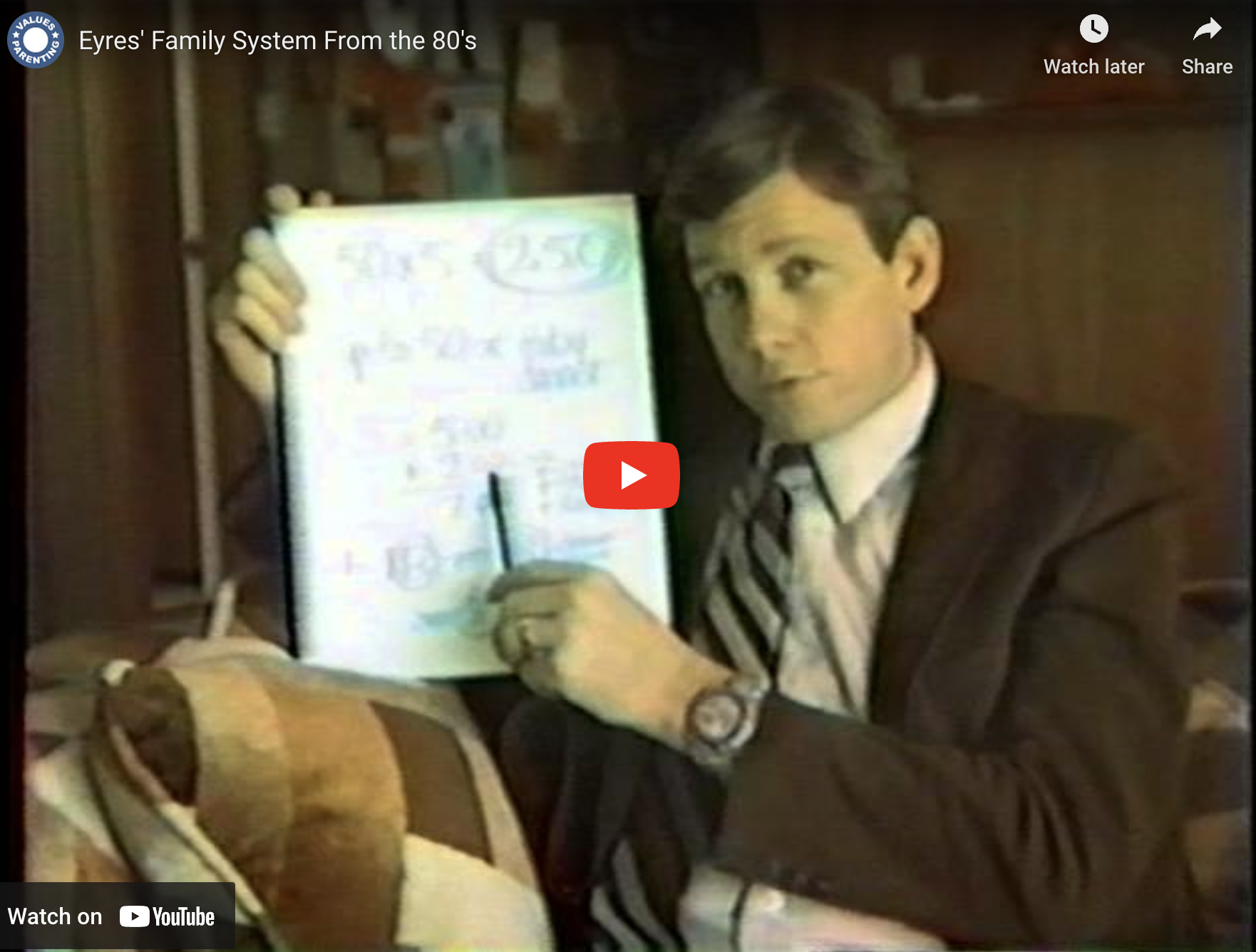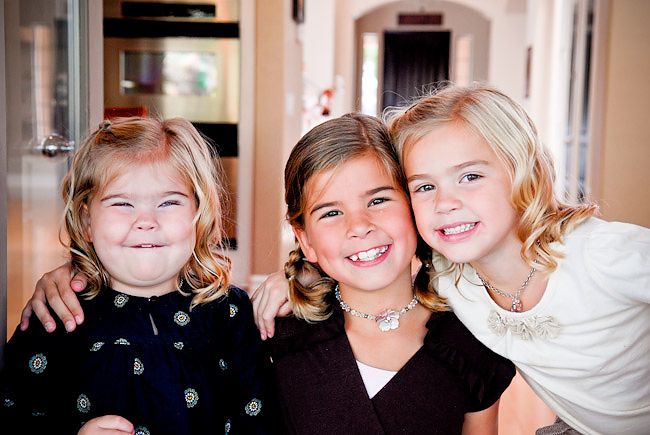The trouble is that every kids is so dang different! And every mom is too. And the way our unique personalities mesh with our kids’ unique personalities have all kinds of different combinations.
I’ve been thinking along those lines lately. A couple things have made me ponder about nurturing:
1) Our summer read for book club was The Shell Seekers. Not my favorite book in all the world, but certainly one that made me think.
(I listened to it on audible, but you can find the real book HERE.)
Such an interesting description of life (at times almost dripping descriptions, almost comically to me at times…lots of words in that thing!…but sure kept me interested), and personalities, and generations, and what “stories” our children take with them. Isn’t it interesting that when you read a book you liken it to so many things that have been rolling around in your mind?
I loved discussing so many different themes during book club…all the characters and situations made for a really interesting conversation. I found myself wondering about the mother, Penelope, who was wise and really the hero of the story in my opinion. I loved that her goodness made other goodness gravitate to her. The characters of her three children sure made me think. Two of them were frankly quite horrible. Made me wonder about nature vs. nurture…how did those children grow up to be so different from their mother? Their dad was actually not so great himself, so yes, genes come into play here. Ok, and yes, this is a totally fictional story:). BUT for the sake of my thoughts on the matter, let’s think about the nurturing aspect here. Could different nurturing have changed those children or were they destined to be that way? Is empathy something that needs to be taught more? Can it be taught?
It made me feel for these parents, because there are so many flashbacks to growing-up years in the series… you just know those parents are giving their all to raise those kids and love them deeply to the very best of their abilities…through thick and thin. (Yes, again, fictional story, but I think there’s so much that speaks to so many parents on many levels in thinking about that scenario.)
So what the mom says next is what I keep thinking about: in her defense, she tells this son of hers that of course she always adored him, he is her son. But she explained that he recoiled over and over when she tried to give him the love she felt he needed, in the very best ways she could figure out how to give it.
That moment spoke to me. Because parenting is tough! Figuring out what kids need, especially teenagers, can be so difficult! Maneuvering though hormonal-laden, trying-to-figure-out-life insecurities and worries is no cakewalk. Each child needs love in such different ways. Some need tough love. Some need complete acceptance. Some are sensitive. Some wish we’d just leave them alone. Some can not get enough attention if your life depended on it. And some, like that character in This Is Us, just have a hard time being loved no matter what you try.
Bottom line is that we won’t get it perfect. And we very well could be that family sitting in a counseling session one day, (pretty cool that there are professional people to help in instances like that). But these thoughts gave me a renewed push to really seek to understand how to best nurture these five souls I’ve been entrusted with. The ones who still live here as well as the ones who don’t, who all need love in such different ways.
All these thoughts reminded me of a teenager post I wrote with lots of nurturing ideas back HERE. I still believe fully in all the ideas I shared in that post, but perhaps the part of that post I love the most is a comment from a reader:
“The hardest thing I’m finding (but the most important to actually do, if I look at how various young’uns I used to know turned out as adults)… is backing off. Not interfering. Letting them chart their own course, solve their own problems, make a few mistakes while they still have an easy safe-haven to come back to.”
(Thank you, dear reader!) She is right-on. Maybe one of the most important, key components of nurturing (which seems counterintuitive), is backing off and letting those kids of ours learn from failures as well as triumphs.
Just a few rambling thoughts I’ve been thinking lately.






thank you for this!!
"benign neglect" is sometimes one of the best things a lot of kids need. They'll boomerang back, but so many need room to be free to learn and make a few mistakes that are theirs alone.
I was just discussing this same topic with my husband last night. 🙂
I've long thought that the best way to parent is by specific reward/motivation (essentially parenting by personality, as you say). After all, this is what I have to do to those I supervise at work. Some employees are motivated solely by money – they will work extra hours, take on new challenges, etc . . . so long as there's a bonus attached. Some employees crave more work/life balance (I'm one of these!). Some love to be recognized in front of a group; some hate having attention called to them.
Children are the same way. This is going to sound awful but: growing up, my parents typically punished me by taking away my books. I know! It sounds awful! But the honest truth is that nothing else would have worked – they could hammer on about responsibility, morality, etc, and I'd probably roll my eyes and think I knew more than they did. They could threaten to take away the phone or keep me from seeing friends, and I would have shrugged. But if they took away my one true love, books? Oh man, I shaped up in a hurry. My brother, on the other hand, was and is the complete opposite. He's a social creature and an extrovert – tell him that he couldn't go out with friends or join that club at school until he made better grades, and he would for sure shape up.
My daughter and my son are twelve years apart, so of course parenting them looks totally different right now. And it's all about finding their personal reward system, what matters to THEM, and using that as a guide to parenting them.
I so agree! Thank you for adding your thoughts. We've tried having a one-size-fits-all system with all of our kids and it just doesn't work. So many different needs and motivators and mindsets to work with! Grace and I were just marveling today about how our family has changed and morphed over the years…Max and Elle being guinea pigs for so many things! 🙂
A few thoughts: President Nelson has said our job as parents is to "love them, lead them and let them go". Such a valuable formula, sometimes easier said than done, but that is our mission as parents. As I have a senior this year who is navigating through so many big (and little) decisions, that mantra runs through my head constantly: Love her, lead her then let her go.
Which leads to how do we best love?? Everyone has heard of the 5 love languages, and I recently got the book for teens. The principles are so sound; the idea that every single human feels, interprets and receives love in different ways, and as parents we get to muddle through those learning experiences to figure out each child's individual language of love. Not for the faint of heart!! But worth the work and practice! But I too struggle on a regular basis with our five precious children with how to best show them the love they need.
Lastly, I have a brother who shares a birthday with me. We were both adopted (from different birth parents) and are only one year apart. This made us very close growing up, and all of our birthday parties were combined and the same. I grew up loving my birthday, always felt loved and made to feel special. He has since said that he never felt special on his birthday and now hates birthdays. He is actually estranged from our mother as well, for other reasons that he holds on to. Isn't it such a case study? Experiences like this make me sometimes want to throw my hands up and say, "Well, maybe no matter what I do, this child will see and feel what they see and feel!" Our individual personalities and life experiences influence our perceptions, and we moms just have to keep on keepin' on with all the love we can manage and hope for the best! Right??
Love these thoughts. And thank you for bringing up the 5 Love Languages, that's a good resource. So interesting about you and your brother. I think my thoughts in this post were a little on the jumbled side, but that is a perfect example of one of the things I have been thinking spurred by that This Is Us scene: no matter what we do or how much love, our children have the choice whether to receive it or not.
Anyway, thanks for adding more perspective!
xoxo
While I imagine a social worker somewhere would approve such a match my agency and many others involved in adoptions over decades would never place a child within a year of a bio baby’s birth and they would not allow non related children to be adopted at the same time. Virtual twinning. Watching this is us made me realize why they had that rule. The kids in the show were not given equal attention, least not the attention they asked for and none of them grieved the loss of the dead baby.
These things definitely happen. My parents adopted 4 children, all within 4 years of age, after having 4 of their own, biological children. There are many ways to go about adopting children, it’s definitely not a one-fits-all scenario! Just thought I’d share my personal experience.
Disruption rates were higher in the cases I mentioned. Adult adoptees talking about their experience as well changed the way things are done now.
@kms, my agency and the other agencies in my jurisdiction have the same policy; after an adoption is granted, generally a family goes on hold. If a family gives birth, they go on hold. The exception is our foster parent adoptions, since children in those cases have generally been living with their caregivers for several years, waiting to be cleared for adoption. We will do concurrent adoptions for two foster kids who aren’t bio sibs, or one right after another within the year, again, since generally everyone has already lived together as a family unit for several years.
One size fits all*